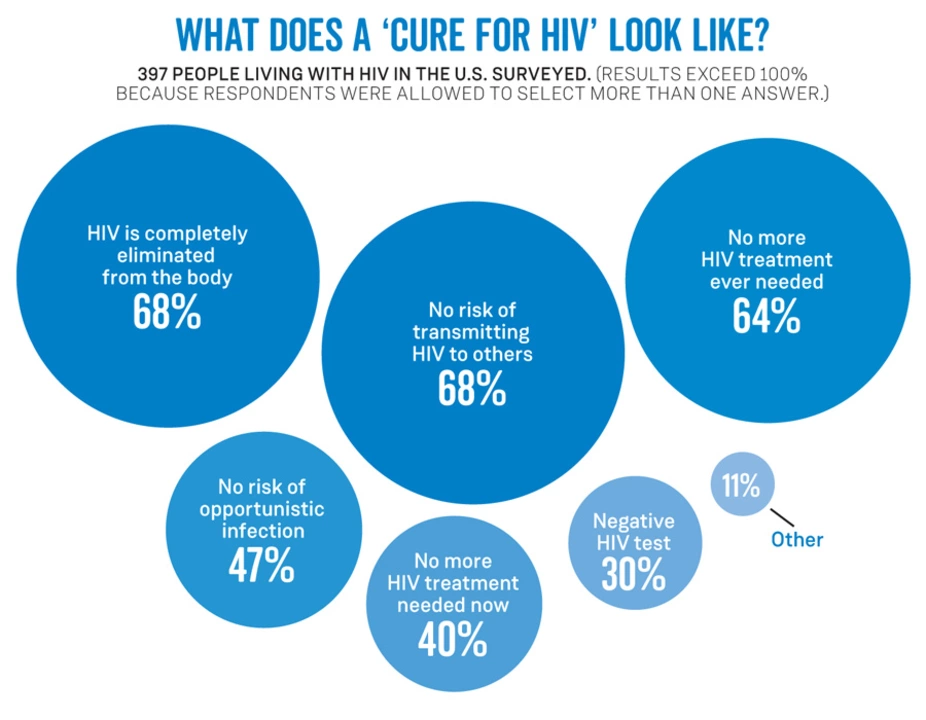Boost Your Emotional Well‑Being with Simple Everyday Steps
If you’ve ever felt stuck in a bad mood or overwhelmed by stress, you’re not alone. The good news is that emotional well‑being isn’t a mystery – it’s built on habits you can start right now. Below are clear actions you can add to your daily routine without needing a PhD.
Everyday habits that lift your mood
Sleep matters more than you think. A solid 7‑9 hours helps regulate the brain chemicals that control mood. If you’re tossing at night, try dimming lights an hour before bed and avoiding screens. Our article on "Exploring the Links Between Sleep and Depression" shows how a regular sleep schedule can cut down depressive feelings fast.
Move your body. You don’t need marathon training – a 20‑minute walk, some light stretching, or even dancing in the kitchen gets blood flowing and releases endorphins. Consistency beats intensity; aim for activity most days of the week.
Mind what you eat. Foods rich in omega‑3s (like salmon or walnuts) and fiber support gut health, which research ties to mood via the gut‑brain axis. Our piece on "Rifaximin and the Gut‑Brain Axis" explains how a healthy microbiome can calm anxiety and improve outlook.
Connect with people. Short check‑ins with friends or family beat isolation every time. Even a quick text saying “Hey, thinking of you” can lift both your spirits.
Practice gratitude. Jotting down three things you’re grateful for each night rewires the brain to notice positives more often. It’s a tiny habit with big payoff.
When to seek professional help
If mood lows linger for weeks, if anxiety feels unmanageable, or if you notice thoughts of self‑harm, it’s time to call a professional. Therapy isn’t just for crises – many people use it as a regular mental health check‑up.
Medication can also be part of the solution. For example, our guide on "8 Fresh Alternatives to Sertraline in 2025" outlines other options if you’ve tried SSRIs and didn’t feel better. Always discuss any changes with a doctor or pharmacist first.
Online resources are handy too. If you’re in Australia, platforms like promescent.com or mensapo.com offer discreet consultations for men’s health issues that affect mood, such as erectile dysfunction.
Remember, seeking help isn’t a sign of weakness; it’s the smartest thing you can do for your emotional well‑being. A quick call to a local clinic or a trusted telehealth service can set you on the right path.
Bottom line: small daily habits add up, and knowing when to ask for professional guidance keeps you from slipping into deeper trouble. Use these tips, explore our related articles for more detail, and treat your emotional health with the same care you give your physical health.

